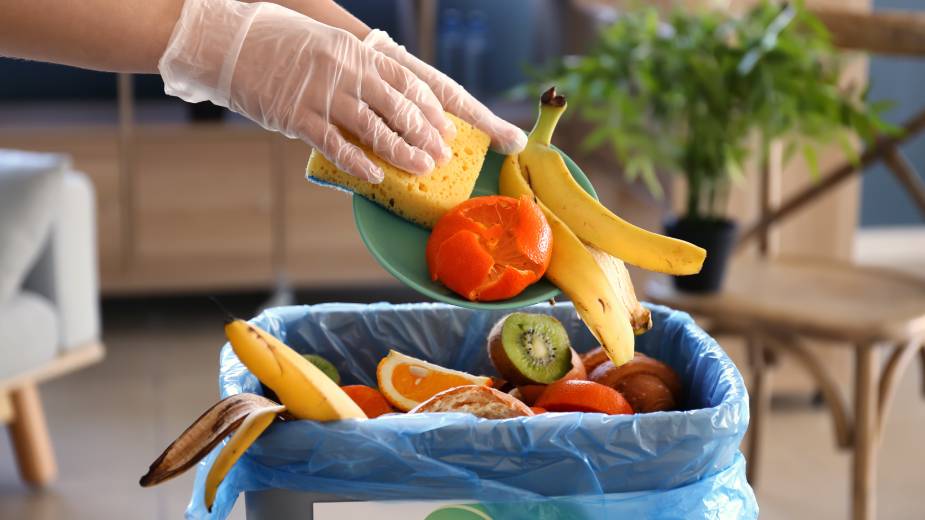Ohio State University Tackles Household Food Waste
By Farah Siddiqi
Ohio News Connection
Ohio State University is spearheading a $2.5 million U.S. Department of Agriculture-funded initiative to reduce food loss and waste in the United States.
Brian Roe, professor of food, agricultural and environmental sciences at Ohio State University, will oversee a pilot consumer campaign targeting household food-waste reduction. Roe plans to collaborate with Rutgers University to create educational messages and campaign materials.
According to Roe, the campaign is part of the USDA’s ongoing efforts to combat food waste, following significant investments, including $57 million from the American Rescue Plan Act.
“About one-third of all food is never consumed,” Roe said. “This project will try to identify a campaign to help consumers reduce the amount of food they’re wasting so that they can experience the benefits of saving more money and helping out the environment and supporting food security.”
Roe’s research focuses on how human behavior contributes to food waste. He found confusion over food package dates causes unnecessary waste, and implementing uniform national food-labeling standards could greatly reduce discarded food. Roe said the effort aligns with both interagency and international initiatives to reduce food waste.
U.S. Secretary of Agriculture Tom Vilsack announced the renewal of an agreement to reduce food loss and waste, now including USAID in the effort. The collaboration emphasizes a unified commitment to educating Americans about the issue.
Additionally, the USDA has expanded the U.S. Food Loss and Waste 2030 Champions, involving industry leaders dedicated to cutting food waste in half by 2030. Roe stressed consumer behavior plays a vital role, noting using leftovers can save both money and time while contributing to overall waste reduction.
“You spend a lot of money and time creating great meals that then oftentimes sit in the refrigerator and then end up in the garbage because you might not have been able to find a way to incorporate it into a future meal,” Roe said.
The U.S. sends nearly $80 billion pounds of food to municipal solid-waste landfills annually, making food the largest category of material in landfills. The waste emits methane, a potent greenhouse gas, contributing to environmental harm. Roe said addressing food waste, especially at the household level, is critical to reduce emissions and improve the efficiency of food systems.
Pictured at top: Photo via Pixel-Shot | Adobe Stock.
Published by The Business Journal, Youngstown, Ohio.



